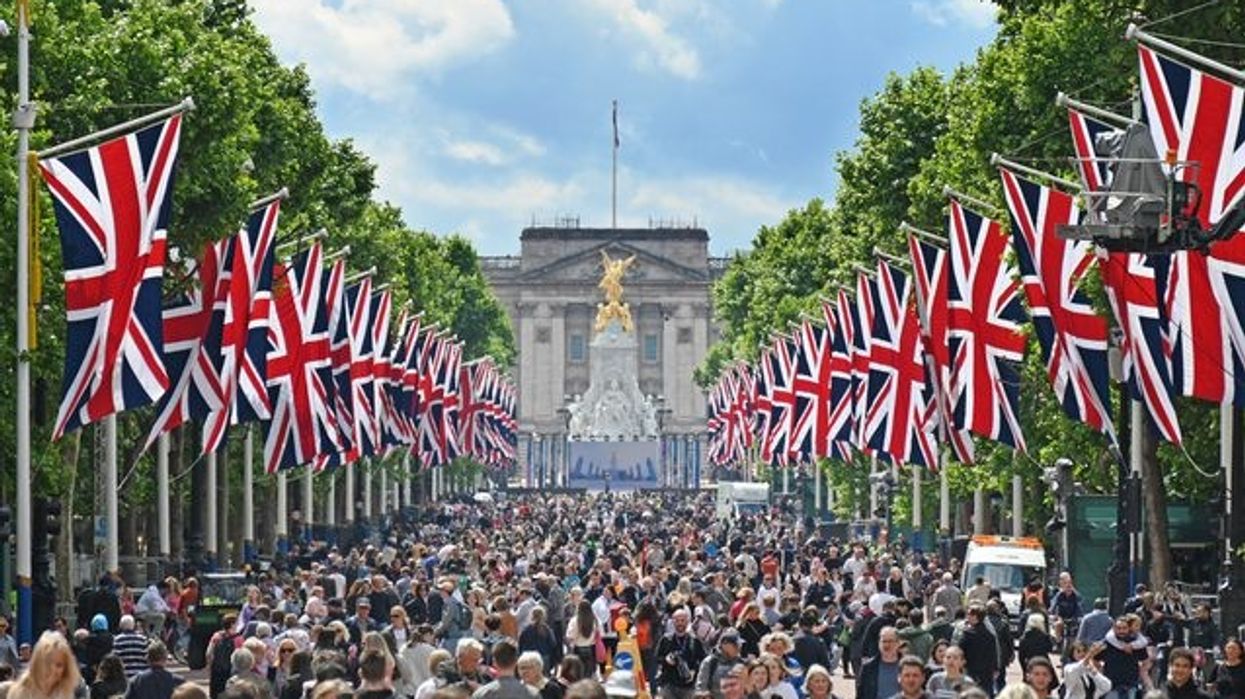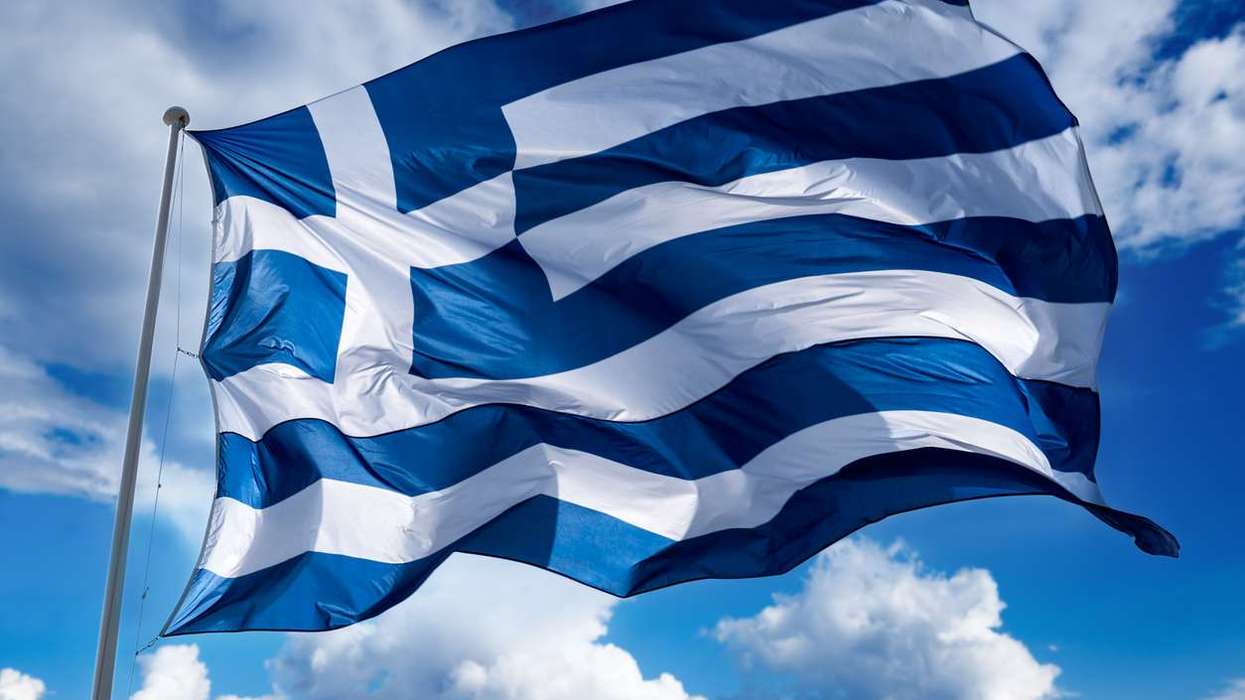As Britain prepares for the coronation of King Charles III, in a ceremony with traditions dating back some 1,000 years, an age-old question looms over the monarchy: how does it maintain its relevance in the modern world?
The House of Windsor faces a challenge far more daunting than hostility from politicians or the public - that of becoming inconsequential due to apathy.
In a world dominated by mobile phones, social media criticism, and the media's unquenchable thirst for royal news, the biggest threat may be that the royals themselves no longer desire their positions.
Royal author Tina Brown points out that Prince Harry has highlighted the excruciating experience of living under constant scrutiny, trapped in a metaphorical cage. This serves as a poignant reminder of the personal toll exacted by the demands of public service.
It's a really terrible thought to consider that you have no control over your own life and that, eventually, nothing is going to change and you'll spend the rest of your days in a zoo.
The British royal family has been extraordinarily durable whereas many other European kingdoms have come and gone or are significantly smaller and less significant.
According to polls, the majority of Britons still support the monarchy, but it has suffered a little since Queen Elizabeth passed away in September, and Prince Charles is not as well-liked as his mother was.
Also, studies repeatedly show that younger generations are less concerned with the institution than older ones are.
Additionally, a poll revealed that most people were uninterested in the coronation, according to Republic, a party that seeks to abolish the monarchy.
"Most of us aren't that interested, and most of us think the royals should pay," chief executive of Republic, Graham Smith said.
According to Robert Hardman, a longtime royal correspondent and author of "Queen of our Times," relevance is very essential to the monarchy.
"The big threat to the future of the House of Windsor is not mobs storming the gate, it's not revolution, it's becoming irrelevant. The queen always used to say we have to be seen to be believed."
But therein lies the catch for the royals. The press and the royals have long had a mutually beneficial relationship because media extensively cover their engagements and they rarely go a day without making an appearance on the front page of a major newspaper.
However, in exchange for their gilded lives in palaces, the royals are treated as public property, and it is expected of them to participate in the "game" of the press.
Harshan Kumarasingham, a senior lecturer in British politics at the University of Edinburgh, states that monarchs and their families are just as dependent on the media as the media is on them.
"A monarchy exists in a very precarious existence where it can be at the centre of our adulation, but it can also be at the centre of our criticism and fears."
Prince Harry made it clear in his memoir "Spare," a Netflix documentary series, and television appearances that he was not willing to subject himself, his American wife Meghan, and their children to another life in the media goldfish bowl.
He also claimed that members of his family or those working for them, most notably his stepmother Camilla, who is now the queen consort, and older brother and heir Prince William, had conspired with the media to spread unfavourable reports about him to improve or safeguard their public reputations.
When he was younger, Harry frequently made the front page of the newspaper for his appearances at costume parties wearing Nazi garb, having altercations with the paparazzi outside nightclubs, and subsequently being photographed naked while partying in Las Vegas.
Now that everyone has cameras on their smartphones, the three young children of Prince William will be at even greater risk of exposure. Every indiscretion, offensive remark, and embarrassing error will be recorded on film.
"When people talk about the privileges, I would say that the difficulties and the imprisonment of it, far outweigh really the privileges," Brown said. "So, I'm not sure whether one should expect that of modern people."
However, the monarchy has consistently displayed a remarkable capacity to overcome hardship, regardless of the challenges it has experienced throughout the years, from wars to divorce to internal squabbles or even abdication.
"It's remarkable at adapting," said Laura Clancy, a media lecturer at Lancaster University who specialises in the royal family.
They've demonstrated that they are aware that in order to survive, they must adapt to the modern world, she said.
But the question is whether they will want to.
A former close aide of King Charles previously told Reuters, "People talk about the privilege and the money and the palaces and the Bentleys with good reason. It is a privilege, but it comes with a heavy price. I would never want someone to live that way.”
(With inputs from Reuters)




